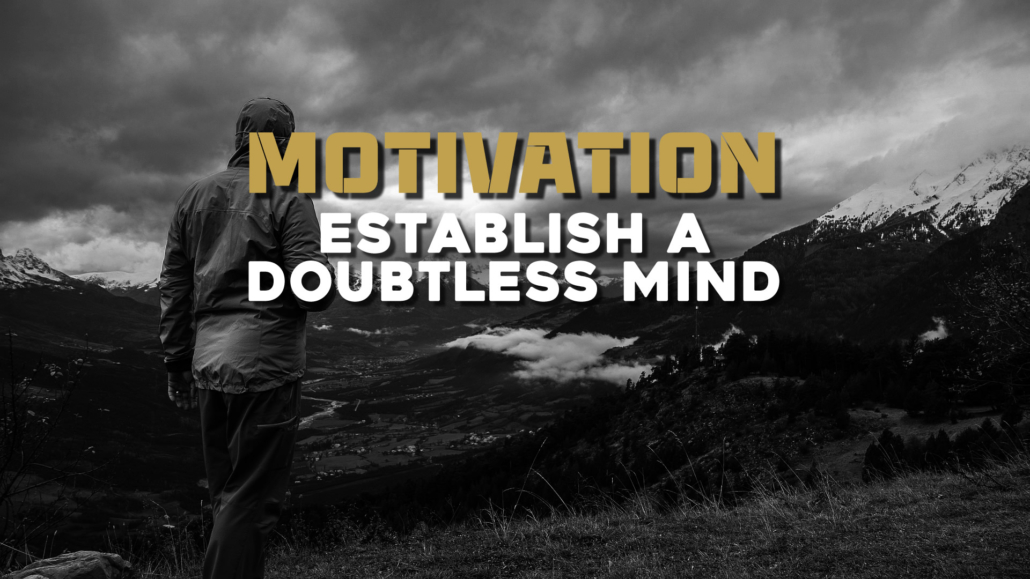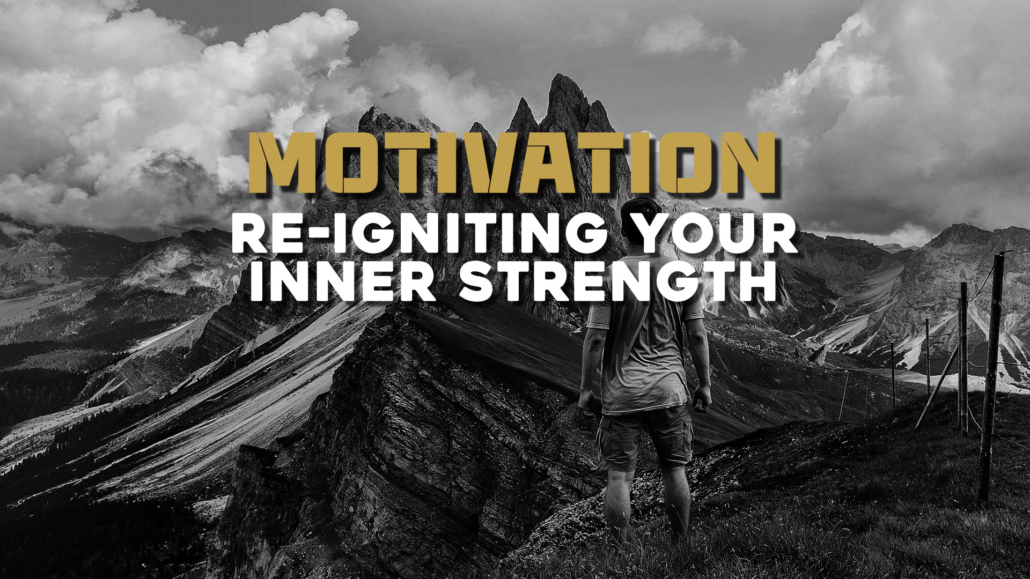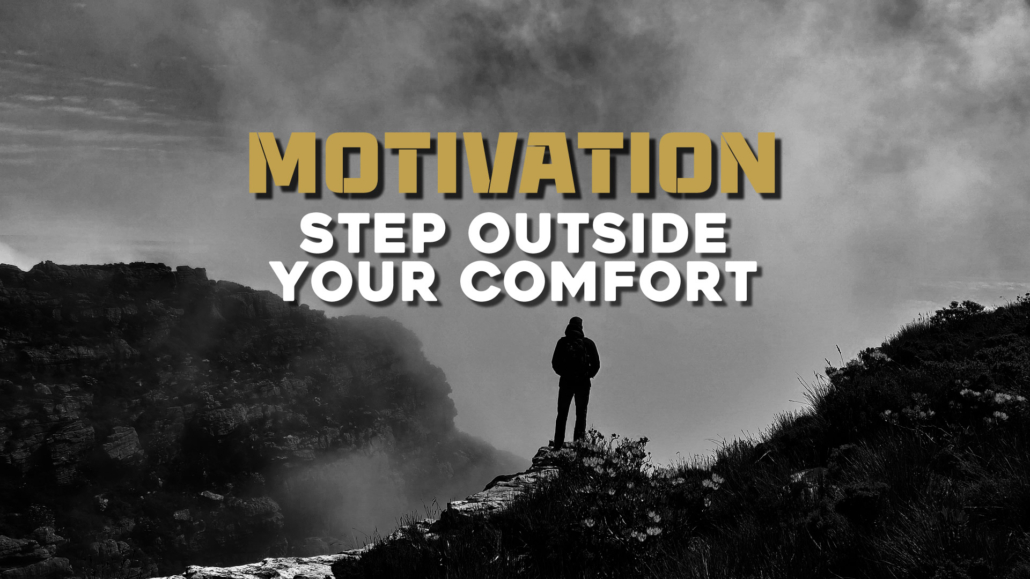 https://riseupmentor.com/wp-content/uploads/2023/12/Motivate-17-Live-Today-as-Tomorrow-Is-Uknown-1920x1080-No-Logo.jpg
1080
1920
Rise Up Mentor
https://riseupmentor.com/wp-content/uploads/2023/12/RiseUpMentor-Black-Logo-340x156-1.png
Rise Up Mentor2023-12-16 03:45:132023-12-16 03:45:15Ep. 34: Live Today as Tomorrow is Unknown
https://riseupmentor.com/wp-content/uploads/2023/12/Motivate-17-Live-Today-as-Tomorrow-Is-Uknown-1920x1080-No-Logo.jpg
1080
1920
Rise Up Mentor
https://riseupmentor.com/wp-content/uploads/2023/12/RiseUpMentor-Black-Logo-340x156-1.png
Rise Up Mentor2023-12-16 03:45:132023-12-16 03:45:15Ep. 34: Live Today as Tomorrow is UnknownChoosing a humble life over a haughty one leads to true greatness and fulfillment. As C.S. Lewis wisely said, “Humility is not thinking less of yourself, but thinking of yourself less.” This quote reminds us that humility isn’t about devaluing ourselves, but shifting our focus towards the greater good. In a world that often encourages arrogance and self-promotion, cultivating humility is a transformative and empowering choice.
Humility allows us to deeply connect with others. When we approach interactions with humility, we genuinely listen and understand different perspectives and experiences. This fosters empathy, compassion, and meaningful relationships. Recognizing the value each person brings creates an environment of respect and collaboration where ideas flourish, and bonds strengthen.
Secondly, promotes personal growth and learning. Embracing humility means acknowledging that we don’t have all the answers and that there’s always room for improvement. This mindset opens us up to new ideas, diverse perspectives, and constructive feedback. It encourages lifelong learning, constantly seeking knowledge and growth. By accepting our limitations with humility, we create space for personal development and unlock our full potential.
Humility enables us to handle success and failures gracefully. When we approach achievements with humility, we acknowledge the contributions of others, appreciating the support, guidance, and opportunities that helped us succeed. Humility also keeps us grounded during challenging times. It reminds us that failure doesn’t define us and that setbacks provide opportunities for growth. By staying humble, we learn from mistakes, adapt, and become stronger.
On the contrary, haughtiness brings negative consequences that hinder personal growth and damage relationships. Firstly, it breeds arrogance and superiority. Considering ourselves above others isolates us from valuable connections, limiting collaboration and hindering personal and professional growth. It hampers our ability to make meaningful contributions to society.
Secondly, haughtiness blinds us to our weaknesses and flaws. It distorts our self-image, preventing us from acknowledging areas needing improvement. This stagnates personal development and limits our true potential.
Lastly, haughtiness alienates others and fractures relationships. Consistently exhibiting superiority makes it difficult for people to connect with us genuinely. This results in strained relationships, missed opportunities for growth, and lack of support when needed.
To cultivate humility, and become more humble.
- Give full attention to others, seeking to understand their thoughts and feelings without interruption or judgment. Truly hearing others fosters empathy and shifts the focus away from ourselves.
- Regularly reflect on the people, experiences, and opportunities that contributed to our journey. Expressing gratitude keeps us grounded, appreciative, and aware of others’ roles in our lives.
- Rather than becoming defensive or blaming others when faced with failures or criticism, approach those moments with humility. Take responsibility, seek lessons they offer, and commit to personal growth and improvement.
- It’s okay to be happy about your achievements, but when you are constantly bringing attention to yourself through them and telling people about them, it becomes a turn off to others and people may start to view you as someone who is arrogant, or they may think that you may view yourself as better than them.
In a world that often praises self-promotion and arrogance, choosing humility brings immense rewards. Being humble allows us to connect deeply with others, fostering empathy and meaningful relationships. It opens doors to personal growth and learning, as we acknowledge our limitations and embrace continuous improvement. Humility grants us the grace to navigate success and failures with wisdom and gratitude. The benefits are abundant: genuine connections, lifelong growth, and a fulfilled heart. Simply put, be humble not haughty!
































